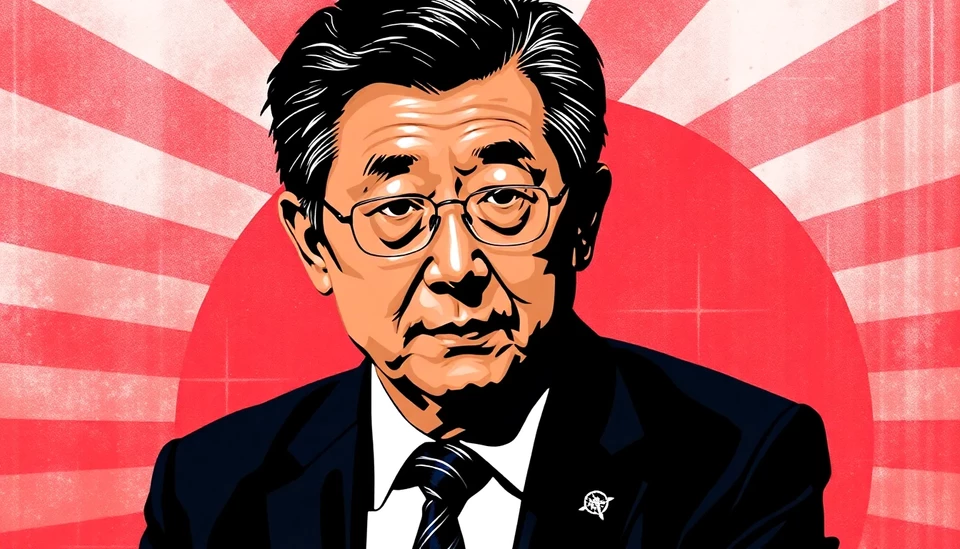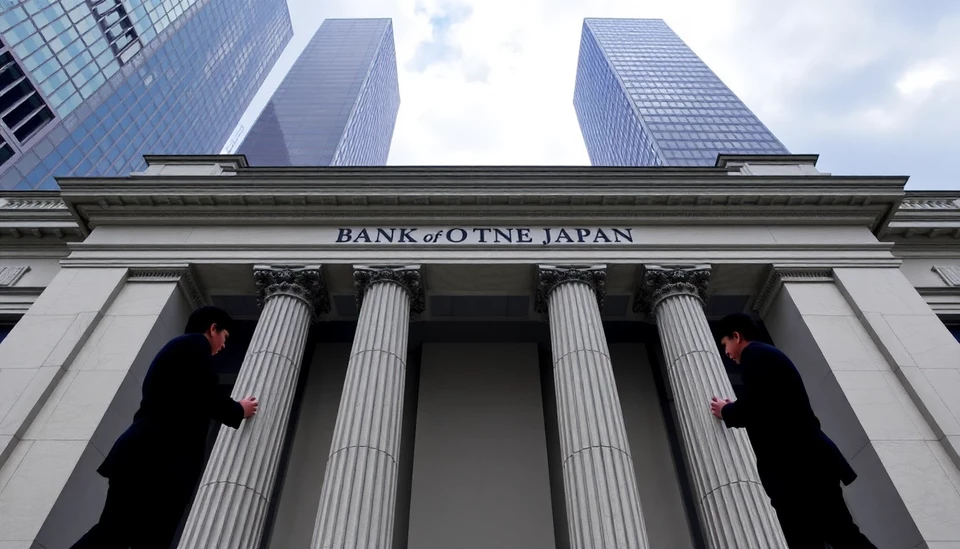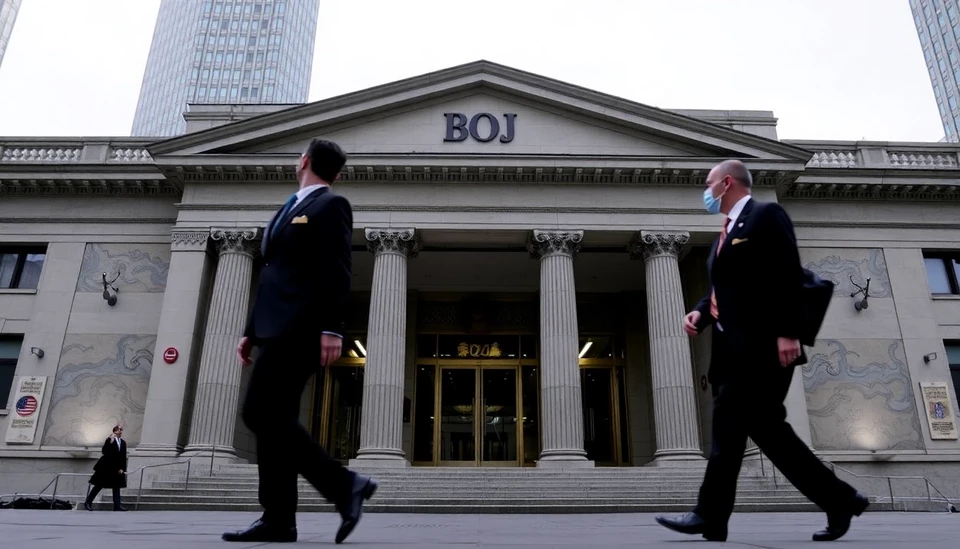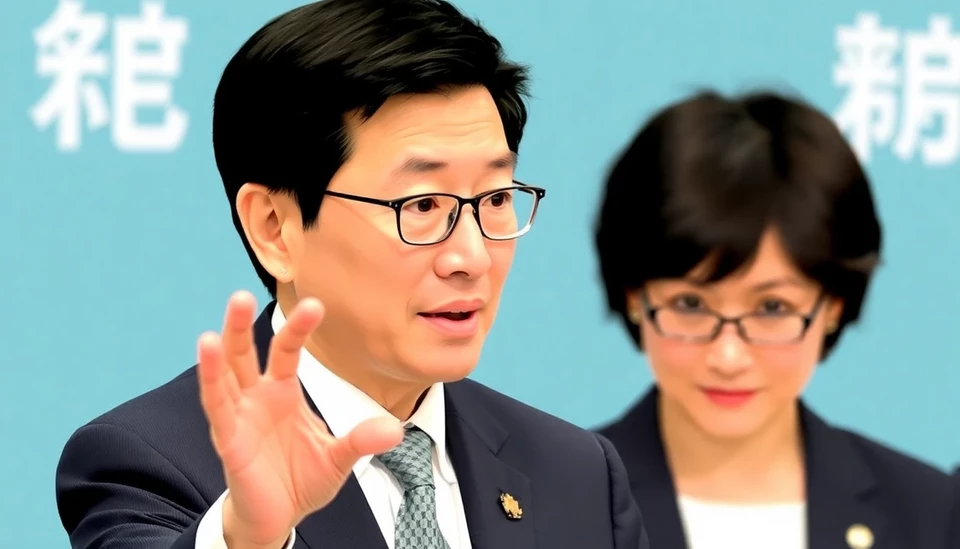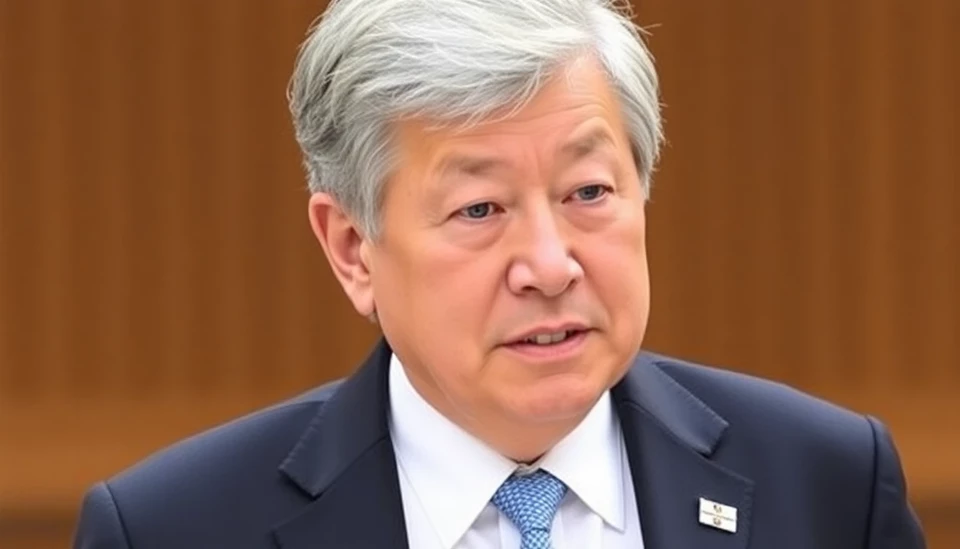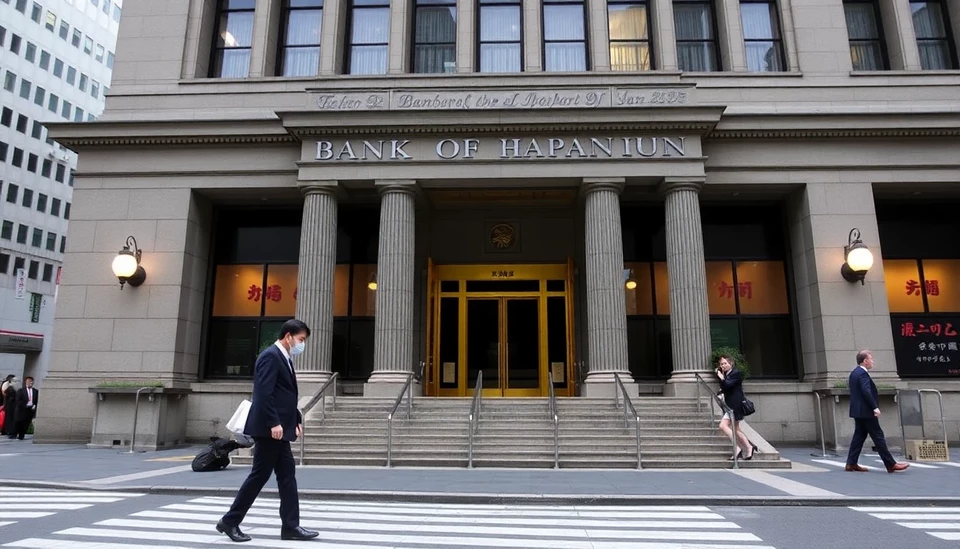
In a recent statement, Bank of Japan (BOJ) Governor Kazuo Ueda underscored a measured approach to monetary policy as uncertainties continue to loom over the global economy. During his address, Ueda emphasized the importance of closely monitoring various indicators of economic performance, particularly the impacts of increasing tariffs on trade, while reiterating the BOJ’s commitment to maintaining an accommodative monetary stance.
The governor highlighted that the BOJ is at a crucial juncture, where the balance between ensuring sustainable economic growth and managing inflationary pressures is delicately poised. Ueda's remarks came in the wake of rising inflation rates, spurred by external factors such as commodity price fluctuations and trade tensions among key global players.
One of the primary focuses of Ueda's comments was the potential implications of higher tariffs introduced by various nations as a countermeasure to trade imbalances. He indicated that these tariffs could adversely affect Japan's export-driven economy, which has been reliant on stable trade relations to foster growth. The governor noted that the BOJ would remain vigilant and adjust its policy as needed based on evolving economic conditions, thereby adopting a "wait-and-see" approach.
Ueda's standpoint reflects a cautious optimism amidst slow recovery signs from the aftermath of the pandemic. The central bank is particularly attentive to the evolving labor market dynamics and consumer spending patterns, which are critical for the sustained economic recovery. Analyzing these metrics will enable the BOJ to better gauge whether inflationary pressures are temporary or a more persistent concern.
Economists and financial analysts widely interpret Ueda's statements as indicative of the BOJ's commitment to its easy monetary policy, which has been a cornerstone of Japan's economic strategy for years. The governor did not provide any explicit timeline for potential adjustments to interest rates or quantitative easing measures, suggesting that the BOJ is committed to its current strategy for the foreseeable future.
As global economic conditions fluctuate and geopolitical tensions persist, Ueda’s approach signifies a careful balancing act for the BOJ, aiming to shield Japan’s economy from shocks while ensuring that inflation returns to the target level. Investors and market participants are advised to stay informed on upcoming economic data releases that may influence future BOJ decisions.
In conclusion, the BOJ’s ongoing evaluation of economic indicators and cautious monitoring of trade dynamics reflect a broader strategy to maintain stability in Japan’s economy. Ueda's reaffirmation of a "wait-and-see" stance signals that the bank is prepared to adapt its policy if faced with significant changes in economic conditions.
#BOJ #KazuoUeda #MonetaryPolicy #Economy #Inflation #JapanEconomy #TradeTensions #FinancialMarket #InterestRates
Author: Daniel Foster
